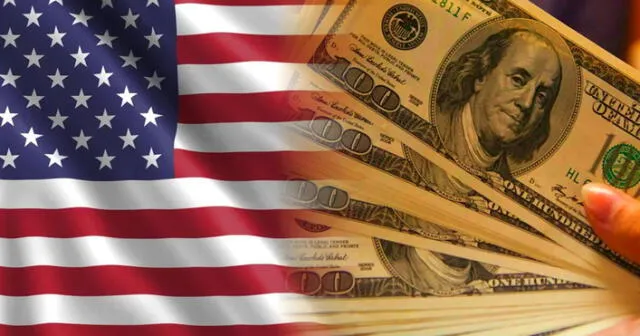New Jersey Minimum Wage to Increase to $15.49 per Hour in 2025
New Jersey's minimum wage will rise to $15.49 per hour in 2025, aiming to support workers amid inflation. The increase aligns with regional trends and economic policies to ensure fair wages.

Effective January 1, 2025, New Jersey's minimum wage will increase by $0.36, reaching $15.49 per hour for most employees. This adjustment stems from state legislation aimed at aligning wages with the Consumer Price Index to support workers' cost of living. The increase reflects New Jersey's commitment to providing fair compensation and maintaining economic stability for its workforce. State officials believe this measure will help workers cope with inflation while boosting local economies. However, some business owners have expressed concerns about rising labor costs impacting profitability. The state government remains confident that this wage hike will strike a balance between economic growth and worker welfare.
The scheduled wage hike is part of a broader national trend, with over 20 states planning to raise their minimum wages in 2025. This trend underscores a collective effort to address inflation and the rising cost of living across the United States. States such as California, Florida, Illinois, and New York are among those implementing similar wage increases. Policymakers argue that these adjustments are necessary to maintain workers’ purchasing power in an era of high inflation. Labor unions have praised these wage hikes, emphasizing the need for stronger labor protections nationwide. On the other hand, some economists caution that abrupt wage increases may contribute to higher prices and reduced job opportunities in certain sectors.

ALSO SEE: Judge rules Trump administration to rehire thousands of employees at VA and Defense Department
New Jersey minimum wage 2025: sector-specific adjustments and economic impact
In New Jersey, the minimum wage increase will apply to most employees, with specific provisions for certain sectors. For instance, agricultural workers will see their minimum wage rise to $13.40 per hour. This sector-specific adjustment acknowledges the unique economic factors affecting agricultural employment. Workers in seasonal industries and tipped employees will also experience incremental wage changes under the new policy. The hospitality industry, in particular, is expected to undergo wage restructuring as businesses adapt to new regulations. Additionally, debates continue over whether further wage increases should be scheduled in coming years to keep up with inflation trends.
The incremental increase in New Jersey's minimum wage is designed to mitigate potential economic disruptions. By implementing gradual raises, the state aims to allow businesses, especially small enterprises, to adapt to higher labor costs. This approach seeks to sustain employment levels while enhancing workers' purchasing power. Business advocacy groups have expressed mixed reactions, with some supporting the gradual approach while others argue for exemptions for small businesses. Experts suggest that state-funded programs may be necessary to assist small enterprises struggling with payroll adjustments. Some legislators have proposed additional tax incentives for businesses that provide competitive wages and benefits.
How will New Jersey’s 2025 minimum wage increase affect businesses and workers?
New Jersey's wage policy aligns with regional trends in the northeastern United States. Neighboring states like New York and Connecticut are also set to increase their minimum wages in 2025. This regional alignment indicates a concerted effort to improve wage standards across state lines. Such synchronization may reduce competitive disparities and promote economic equity in the region. Some analysts believe this could encourage wage growth in private sector negotiations, setting a precedent for future labor policies. Critics argue that a higher minimum wage may accelerate automation in industries relying on low-wage labor, potentially impacting employment rates.
As the 2025 implementation date approaches, New Jersey's Department of Labor plans to conduct outreach programs. These initiatives aim to inform both employers and employees about the upcoming changes. The department will provide guidance on compliance to ensure a smooth transition. Officials also plan to release updated labor law posters and educational materials to raise awareness. Businesses that fail to comply with the new wage standards may face penalties or fines under state labor laws. The government remains committed to monitoring economic conditions and adjusting wage policies as necessary to support long-term growth and stability.











